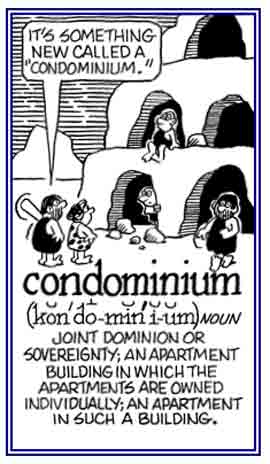-ium +
(Greek: a suffix; scientific names; names of metallic elements; a part, lining, or enveloping tissue, region; little; representing a diminutive force)
A suffix found on nouns borrowed from Latin; especially, derivatives of verbs (odium; tedium; colloquium; delirium); deverbal compounds with the initial element denoting the object of the verb (nasturtium); other types of compounds (equilibrium; millennium); and derivatives of personal nouns, often denoting the associated status or office (collegium; consortium; magisterium).
This ending of -ium also occurs in scientific terms on a Latin model; such as, in names of metallic elements (barium; titanium) and as a Latinization of Greek -ion (pericardium).
2. A suddenly appearing and severe delirium lasting for only a short time.
When the watercourse overflows its banks, these alluvia can be distributed across a valley floor where such an overbank or flood deposits have become the most common areas in which buried archaeological sites are found.
Some valley-stream areas are composed of deposits of alluvia and those are the places where researchers often find buried archaeological treasures.
2. A sculptured ornament, representing an ox skull adorned with wreaths, etc.
2. A meeting or an assembly for discussions; a conference, a council; specifically, an academic conference.
3. An academic conference or seminar in which a particular topic is discussed, often with guest speakers.
2. A building or complex containing apartments or townhouses: The condominium on the corner has a great view of the ravine and river that is just across the street.
3. In politics, a country governed by two or more different countries with joint responsibilities: The countries on both sides of the river agreed to a condominium so that neither one would have sole ownership of the river and the commerce that used it.
4. Etymology: from Modern Latin, "joint sovereignty", apparently coined in German about 1700 from com-, "together" + dominum, "right of ownership".
The sense of "privately owned apartment" came into existence in American English, about 1962, as a special use of the legal term.

Go to this Word A Day Revisited Index
so you can see more of Mickey Bach's cartoons.
2. A state of violent mental agitation marked by extreme restlessness, confusion, and sometimes hallucinations; which may be caused by fever, poisoning, or brain injury.
3. A temporary state of mental confusion, fluctuating consciousness, extreme excitement or emotion resulting from high fever, intoxication, shock, or other causes.
It is characterized by anxiety, disorientation, hallucinations, delusions, uncontrolled excitement or emotion, and incoherent speech.
4. Etymology: from Latin delirium, "madness"; from deliriare, "to be crazy, to rave"; literally, "to go off the furrow"; a plowing metaphor, from the phrase de-, "off, away" + lira, "the earth thrown up between two furrows, furrow".Delirium tremens is Modern Latin, "trembling delirium"; introduced in 1813 by British physician Thomas Sutton, for "that form of delirium which is rendered worse by bleeding, but improved by opium."

